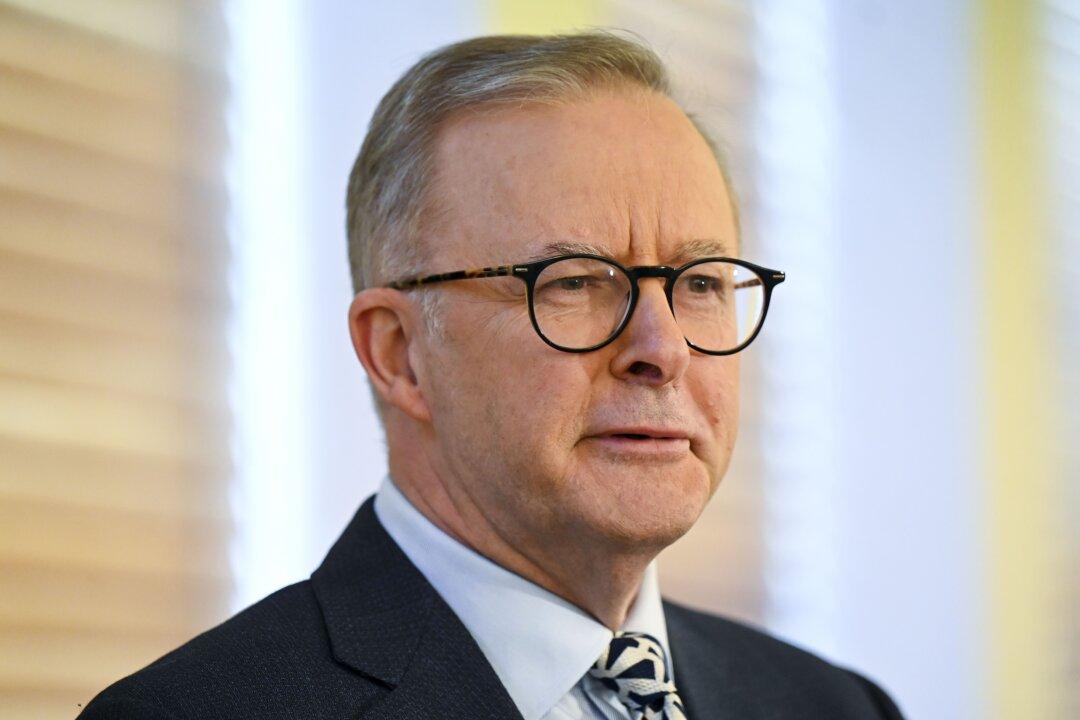Commentary
The 31st Prime Minister of Australia, Anthony Albanese, has unveiled his ministry. It consists of a total of 42 ministers who were sworn in on June 1 by Governor-General David Hurley.

The 31st Prime Minister of Australia, Anthony Albanese, has unveiled his ministry. It consists of a total of 42 ministers who were sworn in on June 1 by Governor-General David Hurley.